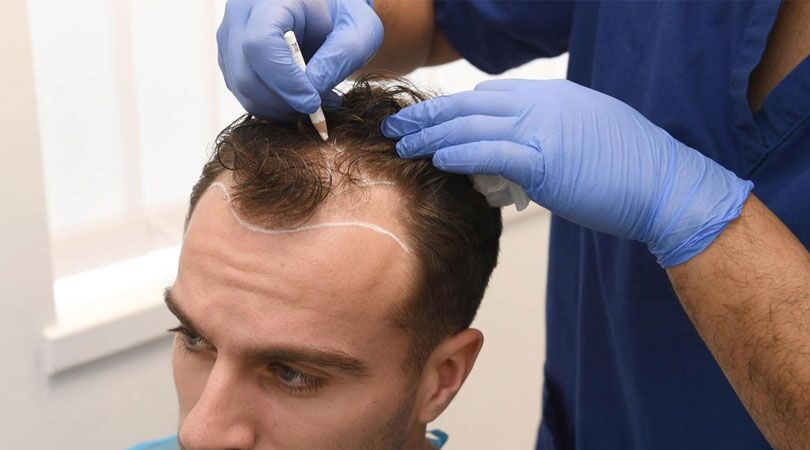Hair loss is a common concern that affects millions of people worldwide, transcending age, gender, and lifestyle. Hair transplant procedures are not just about restoring hair—they’re about restoring confidence. Whether you’re casually exploring the idea or seriously considering it, timing and readiness play crucial roles. For instance, in cities where cosmetic procedures are booming, such as Hair Transplants in Ajman, individuals are increasingly seeking solutions earlier in their hair loss journey. However, it’s important to understand that readiness goes beyond the physical symptoms of hair thinning. Psychological, emotional, and even lifestyle readiness should be taken into account before taking the plunge.
You Have Realistic Expectations
Hair transplants can significantly improve your appearance, but it’s important to understand what they can and cannot do. While the procedure can restore density in thinning areas and rebuild your hairline, it won’t give you the same hair volume you had as a teenager—especially if your donor area is limited. Your Donor Area Is Sufficient

You’re Healthy and a Good Candidate Medically
Hair transplant procedures, though minimally invasive, are still medical surgeries. Being in good overall health will help ensure a smoother procedure and faster recovery. Conditions like uncontrolled diabetes, immune disorders, or blood clotting issues may increase risks or affect healing. You’ve Explored Other Treatments
You’re Emotionally Ready
Emotional readiness is just as important as physical preparation. Ask yourself why you want a hair transplant. Is it for your self-esteem and comfort, or are you feeling pressured by societal standards or the opinions of others?
You’ve Done Your Research
Understanding the process—from consultation to surgery, recovery, and results—makes the entire experience smoother and more rewarding. Familiarize yourself with different transplant techniques such as FUT (Follicular Unit Transplantation) and FUE (Follicular Unit Extraction). Each has its advantages depending on your needs and hair type.
You’ve Consulted with a Reputable Specialist
A professional consultation can give you a realistic picture of what’s possible and whether you’re a good candidate. During the consultation, the specialist will evaluate your hair loss pattern, scalp condition, donor area, and expectations.
You Understand the Long-Term Commitment
Hair transplants offer permanent results, but that doesn’t mean you’re done after one procedure. In some cases, follow-up sessions may be required, especially if your hair loss progresses or if you aim to increase density later on.
Final Thoughts:
Deciding to undergo a hair transplant is deeply personal. It’s not about rushing into a quick fix, but about committing to a journey that combines science, art, and self-care. While it can dramatically enhance your appearance and boost your confidence, it’s only truly successful when you’re fully ready—physically, emotionally, and mentally.






